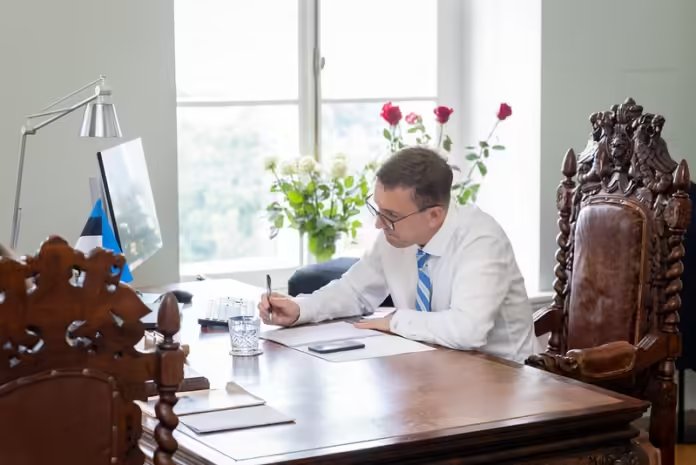1 August 2024 – Stenbock House — The Estonian government today received an overview of a comprehensive action plan developed by the Ministry of Finance and the Ministry of the Interior. The plan aims to transition to full customs checks on all goods and individuals entering the Russian Federation, marking a significant shift from the current risk-based approach.
Prime Minister Kristen Michal emphasized the urgency of the measure, stating, “Estonia must do everything it can to impede the transporting of sanctioned goods through the country and to bolster national security.” He underscored the continuing violations of sanctions, linking these actions to the ongoing conflict in Ukraine. “Unfortunately, sanctions continue to be disregarded and prohibited goods continue to be transported across our borders, just as Russia’s brutal war against Ukraine and its people continues unabated,” Michal remarked. “By implementing full customs checks we can make it much more difficult to circumvent sanctions and stifle Russian efforts to feed its war machine.”
The introduction of full customs checks represents a significant policy shift. The government acknowledged that the transition from risk-based checks to comprehensive monitoring would require time and could reduce the volume of border crossings into Russia. Nonetheless, the decision reflects Estonia’s commitment to enforcing international sanctions and enhancing national security.
Local governments, as well as bus and freight companies, have been notified about the impending changes. The government initially discussed the need for enhanced customs checks at the Estonian-Russian border on 4 July, leading to the development of the current action plan.
The move to tighten border controls comes amidst broader geopolitical tensions and reinforces Estonia’s stance on international sanctions compliance. The government’s action plan aims to prevent the movement of goods that could support hostile actions and ensure that Estonia is not a conduit for sanctioned materials.




